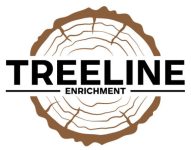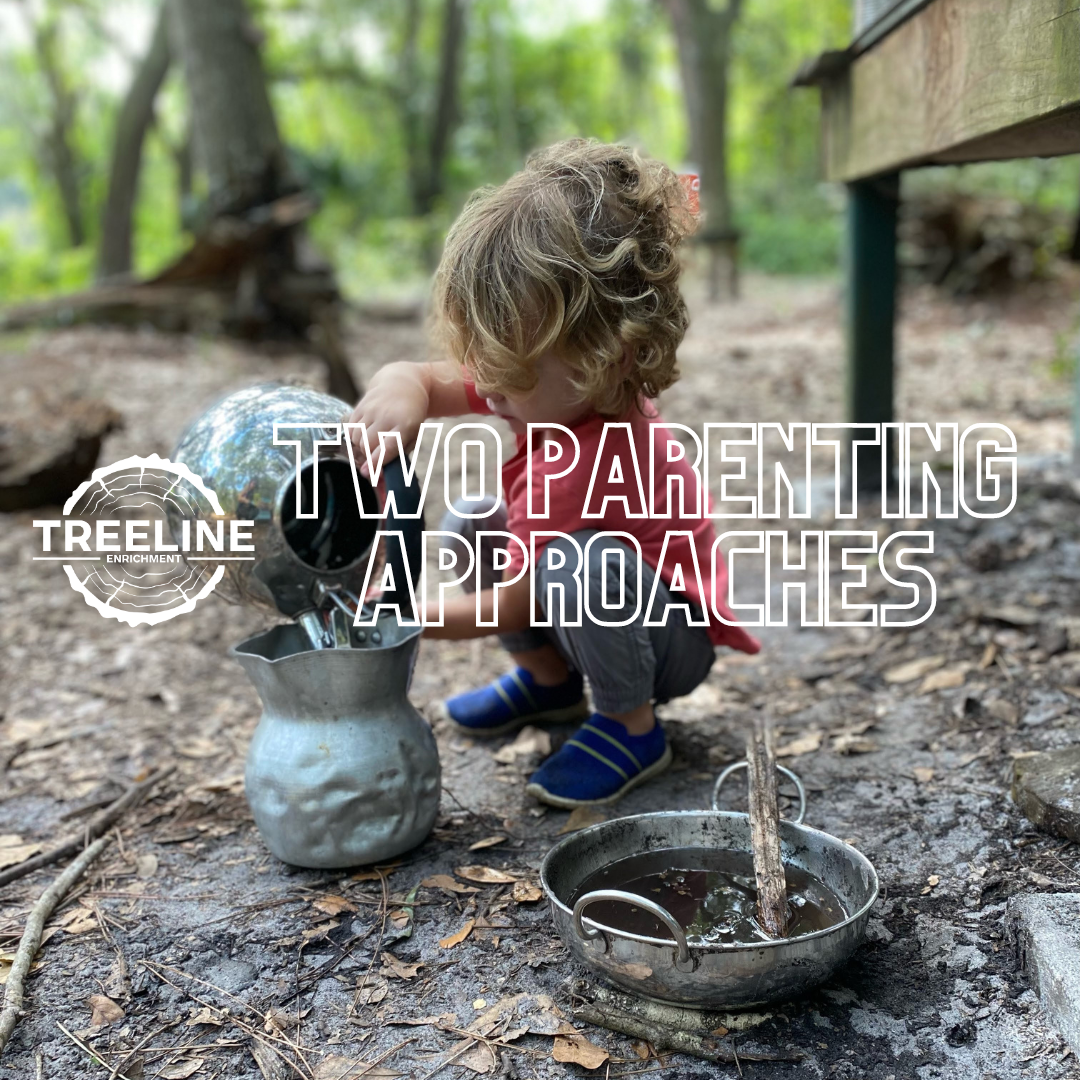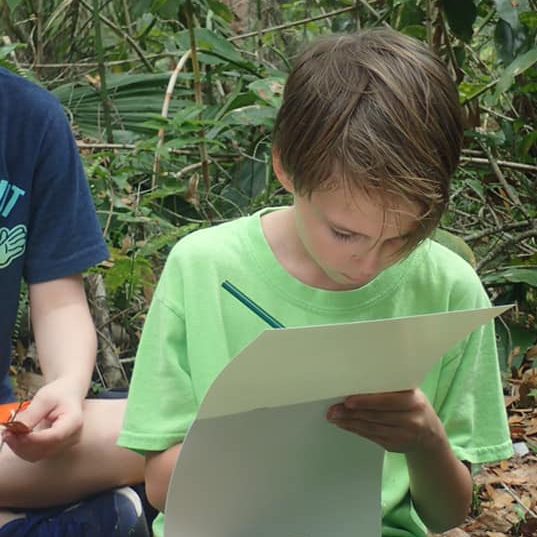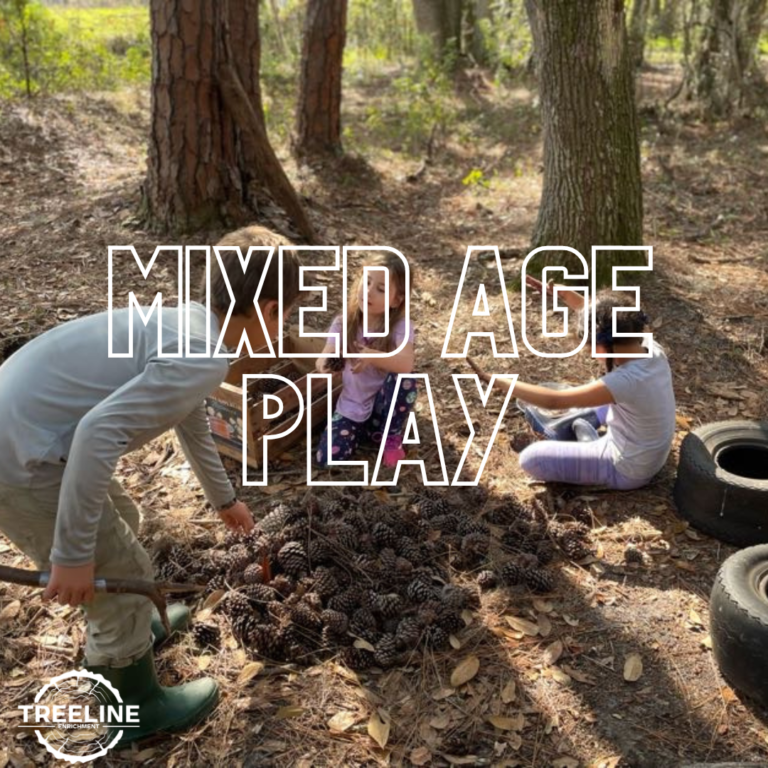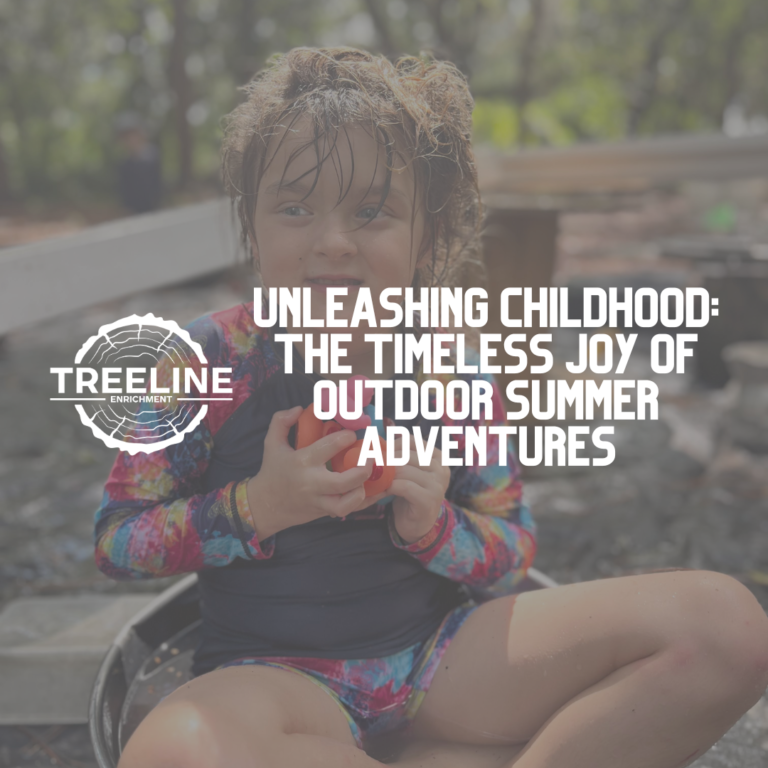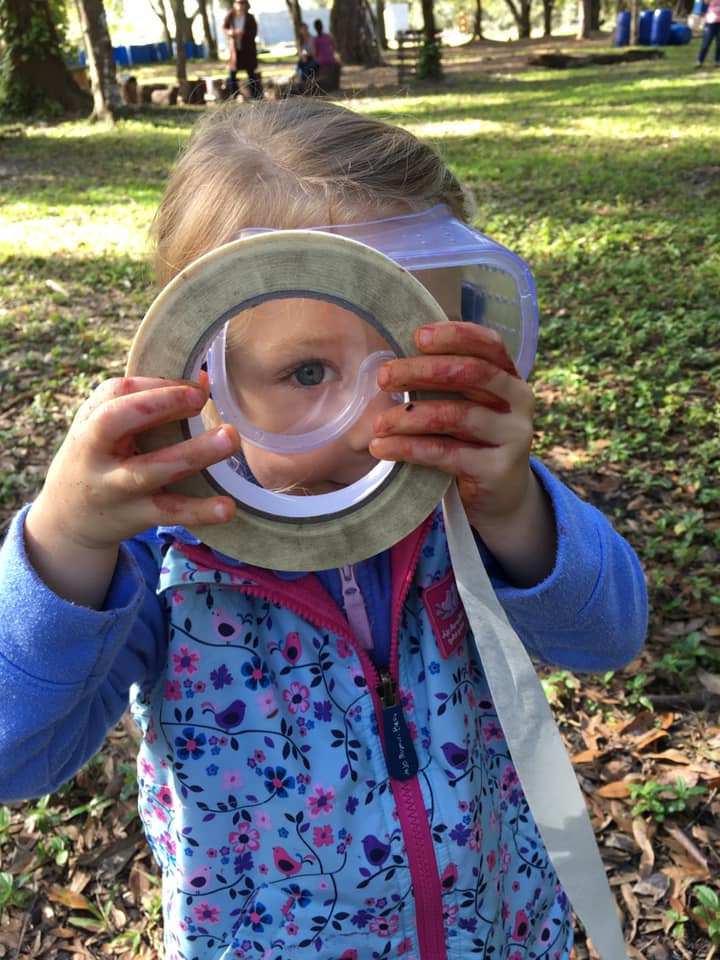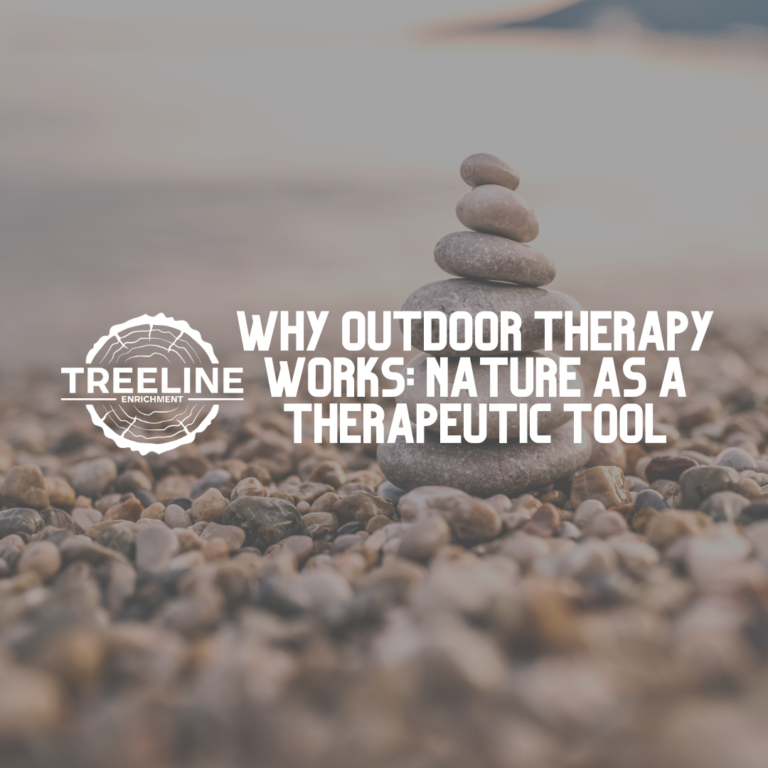The Hummingbird and the Helicopter: Two Approaches to Parenting
Parenting Styles: Hummingbird versus Helicopter Approach
As a parent, you think to yourself, am I doing this right? I just want my child to be happy, safe, and successful. Am I a “good” parent?
Often, parents feel the need to constantly “help” their children succeed just to get ahead in school, sports, or having “enough” friends. This puts a lot of pressure on parents and their children.
The media has different labels for parenting styles, while clinical and developmental psychology has grouped these into three classifications:
- Authoritarian: focuses on rigid rules, expectations, and consequences. Parents control behaviors and emotions, resulting in children becoming fearful of expressing themselves.
- Permissive: extreme opposite of aforementioned. Direction and boundaries are not a priority with little emphasis on restrictions. This may create an environment where children may feel unsafe due to lack of structure or norms.
- Authoritative: somewhere in the middle with structure supporting a sense of security and flexibility to allow for age-appropriate discussion with children to foster growth and gain independence.
Developmental psychologist Dr. Diana Baumrind conceptualized the approach to parenting falling along a continua of “responsiveness” and “demandingness.” This topic is complex and can be confusing at times because as Dr. Mike Brooks states:
“Parenting doesn’t fit neatly into clearly delineated categories. At different times, in different situations, with different children, and with the changing ages of the children, the same parent is likely to adjust [their] demandingness/responsiveness.”
Two parenting styles discussed in this article include the “helicopter parent” and the “hummingbird parent.”
But what do these labels mean? How do these approaches work? What are some of their outcomes?

Helicopter Parent: Doing What’s “Best” For The Kids
Many of us are familiar with this term. Imagine a doting parent following their child’s every step, fixing any mistakes, preventing and/or cleaning up all messes, and making sure their child is always happy. As the child enters school, there may be a shift to academic success, high grades, advancement placement classes to make sure they are “successful and get into good schools”.
While well intentioned, a drawback of this parenting style is that it prevents children from developing self-reliance and resilience skills.
How are you supposed to deal with failure if you next experienced it?
Yes, we don’t want our children to fail, but we need to give them opportunities to develop coping tools and strategies to overcome challenging situations and handle disappointment.
To experience disappointment and learn to overcome it, children need to take age-appropriate risks and learn from their mistakes.
Helicopter parents tend to eliminate all risk from most situations to protect their kids and do what’s “best” for them.

Hummingbird Parent: I’ll Be Here, If You Need Me
So, does a “hummingbird parent” let their kids run all over the place with no regard for safety or mistakes? Well, the short answer is, no.
A hummingbird approach to parenting is physically (and physiologically) close by to help their child when they need it, but do not shield their child from failure or from making decisions, especially during unstructured play.
The goal is not to eliminate risk, but allow children the space to take risk and deal with the consequences, stepping in only when necessary.
This becomes especially important for children between the ages of five and six when developmentally they long for some more separation and independence from adults. Dr. Brooks adds,
“We need to be developmentally sensitive so that we gradually back off as they grow older. This allows them to practice using freedom in responsible ways and to meet their intrinsic need for autonomy. We want to avoid doing things for them that they can (or should) do themselves.”
If this resonates with you, you might be asking yourself, “where do I begin?”
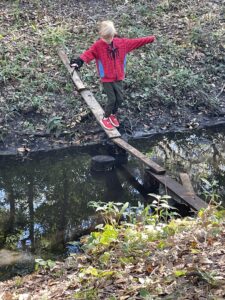
Nature Play and Parenting:
Keep it simple and head outside to let nature be your guide.
Nature and playing outside provides appropriate risks for children of all ages from balancing along a fallen log, climbing trees, building a fort from loose parts, and digging in the dirt for bugs. It provides first hand, multisensory experiences and unstructured play allows children to explore their own imaginative play activities while taking appropriate risks and pushing limits. As a parent, you can hover on the periphery of your child’s play area ensuring safety while giving independence to play, explore, and grow.
The Takeaway
There are different parenting styles, but they all fall along a continuum. “Helicopter parenting” tends to eliminate all risk and reduces the opportunities to develop calming and coping strategies needed to handle disappointment or challenges later in life. The “hummingbird” approach to parenting allows for age-appropriate risk while parents stay present as their child grows and seeks to develop more independence. Unstructured outdoor play gives children, and parents, an opportunity to experience both.
Check out Forest Play opportunities at Treeline Enrichment to build strong and confident kids!
P.S. A note about the word unstructured: In the above writing we used the term unstructured to define a type of play. Unstructured play is child-led, unrestricted, free of adult direction, and does not have an external objective. The reality is true play is never unstructured – it is just structured by the players themselves. Interchangeable terms could be child-led play or unrestricted play. We chose the word unstructured for ease of reading.
References
Parenting styles: From helicopter parent to hummingbird parent. Little Medical School – Treasure Coast. (2023, May 29). https://littlemedicalschool.com/treasurecoast/parenting-styles-from-helicopter-parent-to-hummingbird-parent/
Brooks, M. (2019, February 13). No, don’t be a helicopter parent. but be involved. Psychology Today. https://www.psychologytoday.com/us/blog/tech-happy-life/201902/no-dont-be-helicopter-parent-be-involved
Sampson, S. D. (2015, June 26). Encouraging nature play. PBS. https://www.pbs.org/parents/thrive/encouraging-nature-play
